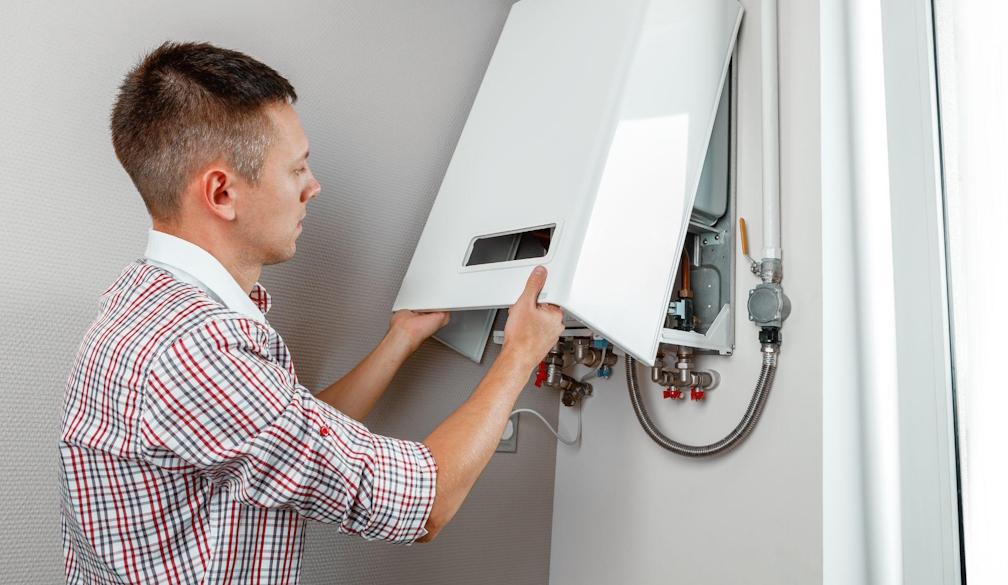Spotting the Warning Signs: Does Your Water Heater Need Maintenance?

Every strata of modern society recognises the sheer importance of a water heater. It plays a vital role in homes across the world, rendering indispensable service from delivering hot morning showers to ensuring clean laundry. However, even such vital appliances require habitual maintenance to function efficiently. Lacking maintenance could have an unfortunate impact on both the performance and lifespan of your water heater. So, just how do you identify those tell-tale signs your unit needs some attention? Strap in, as we're about to embark on a comprehensive elucidation around this topic.
Understanding Your Water Heater's Lifespan
The typical water heater boasts a generous lifespan of around 8 to 12 years - that's a whole load of hot baths! However, various factors can affect this timeline, including design, installation quality, and usage rate. Remember, how diligently you care for your unit is paramount to making it last the distance. Routine maintenance can prevent it from biting the dust earlier than expected, while recognising warning signs of a nearing end-of-life also proves crucial.
Warning Signs: When Does Your Water Heater Need Maintenance?
One such red flag is an inconsistent water temperature, which may become either too hot or too cold without manual adjustment. Unusual noises emanating from your water heater—think persistent knocking or rumbling—can also sound the alarm for needed maintenance. Signs of leakage or other anomalous occurrences should certainly not be overlooked. Flick on the tap one day to find a change in your water's colour or smell? This might be your water heater crying out for some TLC.
The Consequences of Neglecting Your Water Heater
The price for overlooking such warning signs can be hefty, both literally and figuratively. A neglected water heater tends to operate with lower efficiency and consequently bumps up your energy bills. There's also an increased risk of unexpected breakdowns and inconvenient leaks. Moreover, neglecting your unit can significantly shorten its lifespan, leading it to an untimely demise. If you push it to the point where serious damage occurs, brace yourself for the potential high cost involved in repairing or replacing the unit.
How Regular Maintenance Can Help
Maintenance holds the key to keeping your water heater at its prime. A standard water heater check-up generally involves inspecting the thermostat, cleaning the tank, and assessing for leaks or rust. Regular maintenance offers a myriad of benefits; it not only improves performance but also extends the lifespan of the unit. More importantly, it acts as a preventive measure, reducing the risk of emergencies and saving you from unexpected hassles in the future.
Steps to Maintain Your Water Heater
While there are some steps you can handle yourself at home—like flushing the tank annually or checking for leaks—you should call on professionals for more complex tasks. These could range from pressure relief valve testing to anode rod replacement. Although professional maintenance does come with a cost, it's likely to be a mere fraction compared to the expense of dealing with a severely damaged or broken unit. Make sure to pencil in regular maintenance on your calendar, ideally once a year.
Conclusion
In summary, spotting the warning signs and heeding the call for maintenance remains the most viable approach to elongating your water heater's lifespan. As a homeowner, don't neglect the rhythm of your water heater and ignore early indications of trouble brewing. While the cost of regular maintenance might seem a bitter pill to swallow, it's a small price to pay when factoring in the smoother operation, longer lifespan, and avoidance of abrupt breakdowns. Remember, caring for your home appliances is an ongoing journey, and the rewards are definitely worth the ride!









